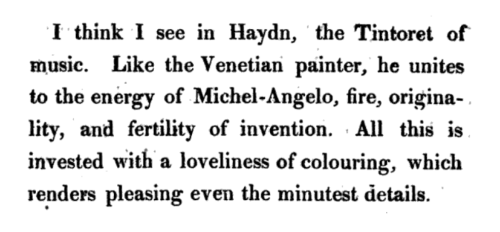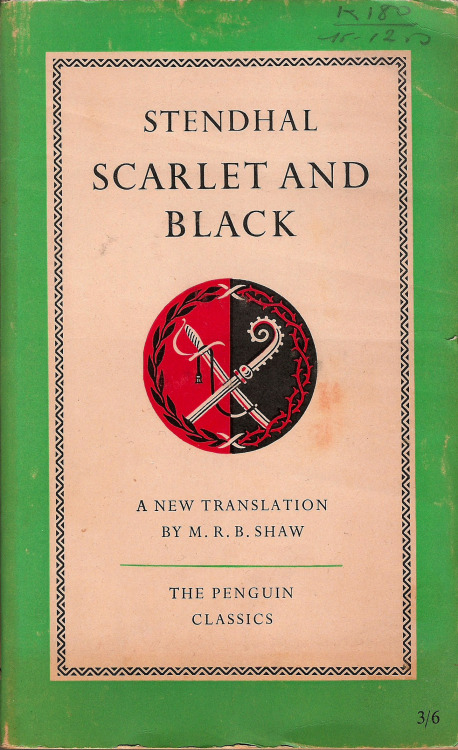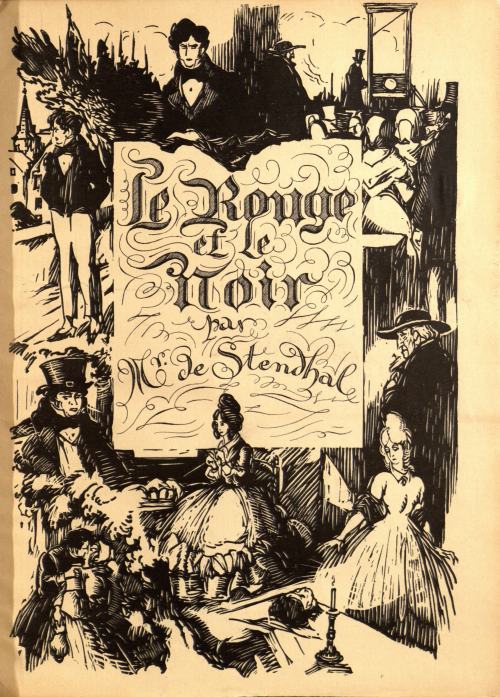#stendhal
Los libros, algunos, llegan a ti de sorpresa y con toda la emoción que uno ha imaginado.
Tal vez pocas veces suceda en una librería natural, de novedades de escaparate, y muchas veces, en una librería de viejo, de ferias y puestos abarrotados de libros que se corrompen con el tiempo, que se aglomeran, que flotan entre sí y son rescatados por el librero de turno.
Esto me sucede siempre en diferentes grados de emoción cuando visito ferias y librerías de viejo en Lima, y la emoción que me suscitó este libro: Vida de Enrique Brulard, de Stendhal, ha sido completa.

Una edición que no tiene año, pero data de los treinta o cuarenta, impresa en Argentina, con sus dos picaduras, me esperaba solo a mí, porque no fue del interés o fue de muy poco interés de decenas de personas antes de mi paso por dicho puesto. Y el precio de oferta aún más no me hicieron dudar ningún segundo en llevarlo conmigo.
No es que no haya leído dicho libro, que como bien dice el subtitulado (novela biográfica) es una lectura favorita de los llamados stendhalianos. La he leído, en varias traducciones, también en digital. Sin embargo, la diferencia radica en la proximidad de la publicación con la valoración del escritor que él mismo profetizó sería en las primeras décadas del 1900.
Porque todo lo que se empezó a publicar de Stendhal en español, diarios, novelas inconclusas, memorias, biografías noveladas, etc. fueron en esas décadas para una inmensa minoría de lectores que esperaban saber y conocer más de Henry Beyle.
Lo que no predijo fue que en pleno siglo XXI continuaría esa devoción por su literatura, en su caso todo lo que él vivió, amó y escribió. (René Llatas Trejo)
admirationansweredArabbeautycalledCarlo GozziCHAPTERcharactercharmingCountess of ChampagnecourageCourts of LovecrystallisationdeathdelightDon juandoubtEnglisheverythingexistenceeyesfavourfearfeelingfeminine pridefifteenfiftyfigurefillsfindfinefirefirstfiveflatteringFranceFrenchgirlsgivehabithappinesshearthonourhusbandideasimaginationinfluenceItalianItalyjealousjealousykindladieslessLisiolivedlookLordloverMadameMadame de SévignéMadame Rolandman’smarriageMemoirsmisfortunemistressmodestymonitorial systemmoralNapoleonnaturenevernovelsobjectone’sOvidParispasspassionpassion—loveperhapspiquepleasurepoetpoorprettyPropertiusProvenceRaymondreaderreasonrefinedridiculousRiomsacrificeSalviatiseemsseensocietysoonsoulspeakStendhaltelltenderthingthoughtTibullustiontrueunhappyvanityvirtueWertherwifeWilliamwomanwomenwordyoung
Stendhal,The Life of Haydn, in a Series of Letters Written at Vienna: Letter XX (trans. L. A. C. Bombet)
Post link

“The idea which tyrants find most useful is the idea of God.”
“La vita fugge. Non cercare dunque più di quanto ti offre la gioia del momento e affrettati a goderla.”
-Stendhal
I often start my arguments with an outlandish statement:
While traveling, reading books is counterproductive.
To convince my listener/whoever is in the passenger’s seat, I quickly elaborate so as not to lose his or her attention completely:
When I travel, I am in a new place, or at least a place where I am often not. This place is not my job, and it is not my house. The sights, sounds, food and people are different. Essentially, everything is new, even if I have been there before. (“No man ever steps in the same river twice.”) In this place where I rarely am, my brain is fruitful and the thoughts come fast. I observe new people, and I observe myself in a new setting. Why would I want to transport myself, via a piece of fiction, out of this new setting? I have so many thoughts, thoughts that only come in this new place, and only limited time to enjoy it. I don’t need a book; all I need is a notebook.
I give my words time to sink in, and I wait for an affirmative, or at least contemplative, “Hmm.” I proceed:
If I’m traveling in Italy, why would I want to read about pre-war Paris? Or a dystopian society? Or a man looking for a whale?
“But what about the plane ride?” she says. “That’s a long plane ride.”
She is right. So I listed exceptions to my rule, which then turned into the advice, What to read while traveling:
- Books that are geographically neutral, like philosophy and cultural theory.
- Books about the place you’re visiting, so you can learn more about it.
- Stories that take place in the same place you’re going to.
- Poetry, because it’s often insightful and ambiguous in location.
Whento read is more subjective, but it could follow similar guidelines. Like, you shouldn’t read at any time there is daylight, because during the day you should be out and about. And if you are back in your hotel room, it should be only to shower or nap. At night time you should be out eating, taking a stroll, or enjoying the nightlife. So basically that leaves no time during the night.
I did mention Heraclitus’ line “No man ever steps in the same river twice,” which you could interpret as happening every day, or even break it down to every moment. But when you travel, you are in a place so physically far removed from where you normally are, even if that place is somewhere you’ve already been, that the experience is significantly different than any weekday or weekend routine. For me, new places really get my noggin going.
I’ve come this far, and now I have to think about which book to bring, if any. I’ve narrowed it down to:
Basic Writings of Existentialism (Modern Library Classics, compiled by Gordon Marino)

The Charterhouse of Parma by Stendhal (it takes place near where I’ll be, which is where I experienced Stendhal syndrome at the tender age of seven)

Io, Ibra (which translates to I, Ibra) an autobiography by AC Milan’s Zlatan Ibrahimovic. I plan on buying this abroad, since it’s not in print in the U.S.

/ / /
Some bookstores for Americans in Italy:
- Paperback Exchange Bookstore by the Duomo in Florence
- Panton’s English Bookshop near the Castello Sforzesco in Milan. Panton’s Facebook page posts really interesting books: https://www.facebook.com/pantonbooks
- Hoepli in Milan (a six-storey bookstore, it’s a trip:)

/ / /
My current notebook of choice:
The Leuchtturm Medium Notebook (which is 5.2 x 8.2 inches. I like unruled, since I live my life without rules, man.)





